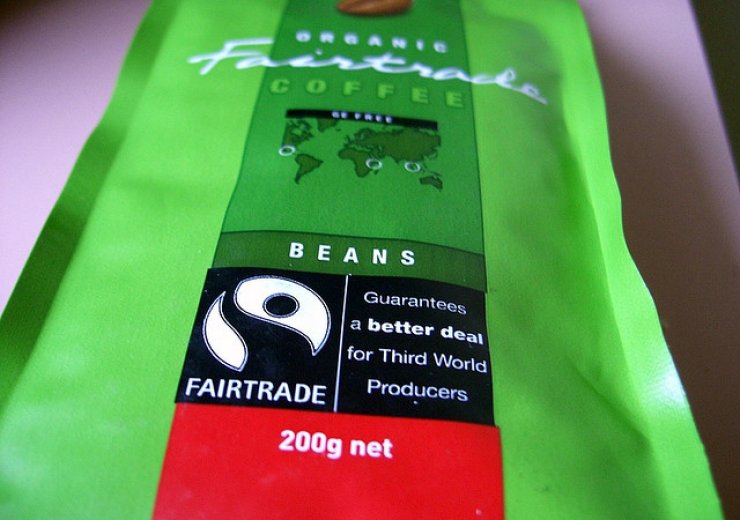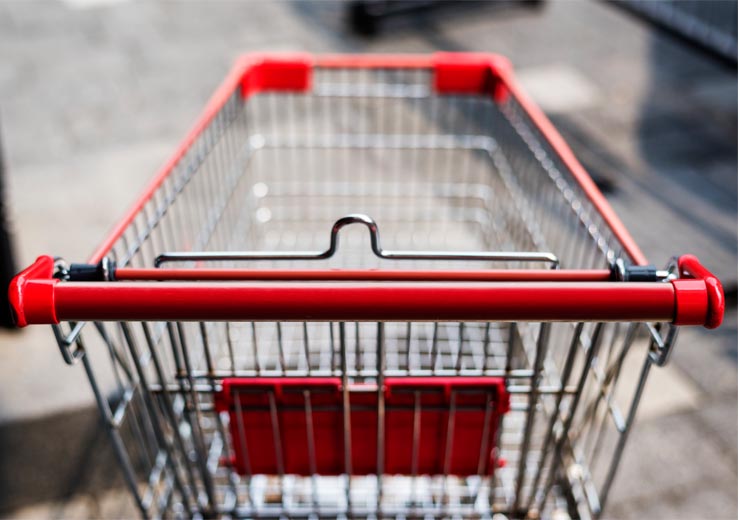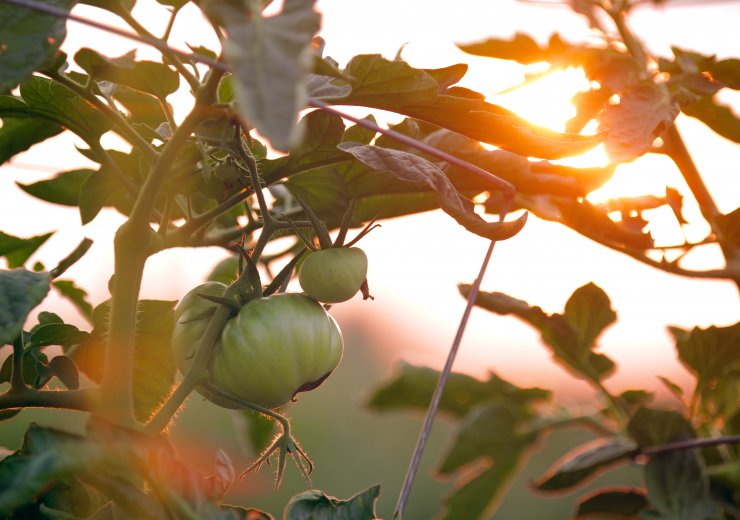
Agricultural and food workers do difficult and sometimes dangerous jobs for very little pay. Their work is not highly valued in society, and they are more likely than other workers to find themselves unable to afford healthy and nutritious food. Some people working in food and farming are protected by fair trade certification, but surely all workers should be paid fairly and treated well.
Sustainable food systems protect and enhance the environment and provide people with nutritious and culturally acceptable food. They also ensure that the people who grow and sell our food are treated decently and paid fairly.
Workers in our industrial food system suffer some of the worst documented abuses of rights. Undertaking difficult, dangerous and badly paid work, they are at the sharp end of poverty, often unable to afford a decent meal.
In farming, power in the food system has shifted to the corporations who control the technologies and market access that farmers need. This imbalance means farmers can’t demand a fair price for their produce, and it affects food producers in both the developed and developing worlds.
UK farmers have seen farm gate prices plummet, as manufacturers and retailers increase their own profit margin by paying less for raw materials and charging more at the checkout. In the developing world, multinational companies co-opt land and people to grow food for their customers in wealthy countries. Workers are paid badly, have few if any rights, and are left without the means to grow or buy food for themselves and their communities.
Such injustices are entrenched in the current industrial food system that demands more productivity and more shareholder profits, and they must be challenged. Everyone working in food and farming should have the right to safe working conditions and a living wage.

Certification schemes (e.g. Fairtrade and the World Fair Trade Organisation) ensure that this is partly achieved in the developing world. With over 30,000 products across 150 countries, it’s a start. But arguably, all products should be traded fairly, so that everyone who works in the food system is well-treated and earns enough money to live and eat well. There are many other smaller schemes which also seek to ensure that goods are fairly traded (fair trade as opposed to Fairtrade with its distinctive logo). However, schemes that call themselves ‘fair trade’ schemes may always not be as rigorous as others.
Big food businesses (e.g. Cadbury, Mondelez) and supermarkets (e.g. Sainsbury’s) are leaving independent fair trade certification schemes and setting up their own. Some argue this self-regulation lets companies get away with worse practices, both because they are self-regulated and because of the tendency to reduce or remove the autonomy of local communities in making their own decisions. But increasing public scrutiny and new technologies like blockchain are delivering more transparency along the food chain. This can only be a good thing for social justice, for animal welfare and for environmental sustainability.
As implied above, social justice issues in regard to food production are not merely about fair trade. In any country (rich and poor), the conditions of farm workers and farmers may or may not be (adequately) protected by various kinds of legislations on for example, safety (including pesticide safety) and working conditions .
And if social justice includes global social justice, wider issues are raised about the trade relations between rich countries/ large companies and poor countries and the poor people in them, ranging from general terms of trade, intellectual property rights (determining the high price of seeds), the use of tax havens and so on.

Tom Wills welcomes a new European law that aims to support fairer trade in food.

The proposed merger of Sainsbury’s and ASDA has implications throughout the food system.

Food Talks 2018 explored how people have the power to change the food system for good.